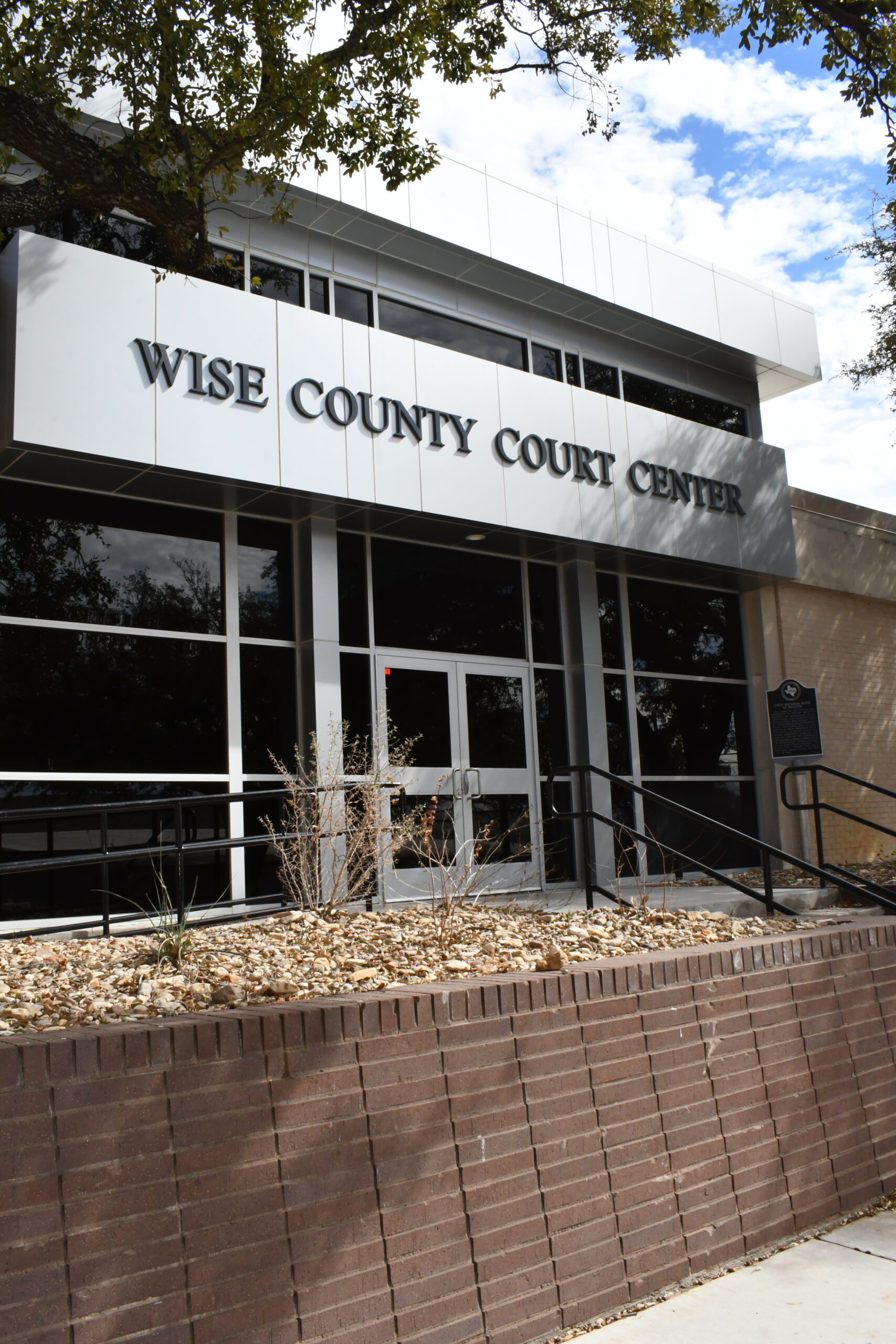Reversing a district judge’s ruling to appoint a public defender’s office in the capital murder case of Tanner Horner could cost taxpayers an additional $700,000, according to a recent court filing.

www.wcmessenger.com
Responses filed in Horner representation issue
Reversing a district judge’s ruling to appoint a public defender’s office in the capital murder case of Tanner Horner could cost taxpayers an additional $700,000, according to a recent court filing.
The estimated cost was included in 271st District Judge Brock Smith’s response to the Court of Criminal Appeals’ request for additional information regarding
Smith’s ruling on July 13 to remove Horner’s former attorneys, Bill Ray and Steven Gordon, and instead appoint lawyers from the Regional Public Defender’s Office (RPDO). The ruling was made after Smith became aware of a contract the county had signed with the RPDO to provide attorneys for capital murder cases.
Following Smith’s ruling,
District Attorney James Stainton sought a writ of mandamus Aug. 23 with the appeals court due to his belief the ruling could be a reversible error. Stainton told the
Messenger that he did not want to risk having the decision come up years from now on a possible appeal after conviction, which could have led to the possibility of a new trial.
Ray and the RPDO also submitted responses to the appeals court, which included an unsworn declaration from Horner stating he wanted the RPDO to continue representing him.
The RPDO argued in its filing Sept. 19 that Horner has elected to have RPDO continue to represent him. As evidence, they presented an unsworn declaration from Horner.
“At the time of the (July 13) hearing, I had not met with the attorneys from the RPDO,” Horner’s declaration reads. “Since working with them, I am satisfied with their representation and wish for the RPDO to remain on my case as my attorneys of record.”
The public defender’s office also argued that Stainton was improperly trying to choose who represents Horner.
“(Stainton) claims he is taking an interest in who represents the defendant when in fact he is really trying to handpick the attorney who will provide a defense to Mr. Horner in this matter,” the RPDO wrote.
As part of his justification for removing Ray at the July 13 hearing, Smith pointed out that the county pays RPDO $20,000 per year to provide legal services under the interlocal agreement. Based on the fact Horner’s trial could still be approximately 18 months away, and it could last 60 to 90 days, Smith estimated that private counsel for Horner’s defense “can be reasonably anticipated to cause Wise County to incur between $500,000 to $700,000 in additional court appointed attorney fees and related expenses.”
The county has already been invoiced for a total of $36,029 from Ray and Gordon’s representation of Horner, prior to their removal from the case, according to information in Smith’s response.
Smith also stated that it was important “to avoid any appearance of impropriety” which could arise if, when the error was discovered, the court did not take action to correct the error.
“The Court finds that by ordering the release of private counsel under these circumstances and appointing the RPDO, it will fulfill this Court’s continued obligation to promote the public confidence in the integrity and impartiality of the judiciary and will demonstrate to the public that this Court is trying to correct its mistakes when they are made,” Smith wrote.
The court of appeals on Aug. 30 issued a “stay of trial court proceedings” in Horner’s case while giving the different parties 20 days to provide the court with additional information why mandamus relief may or may not be appropriate in this case. As of Wednesday, the court had not yet issued a ruling on the matter.






/cloudfront-us-east-1.images.arcpublishing.com/gray/7ZIO7A273FHPDFFAUMOYCDKU4E.bmp)







